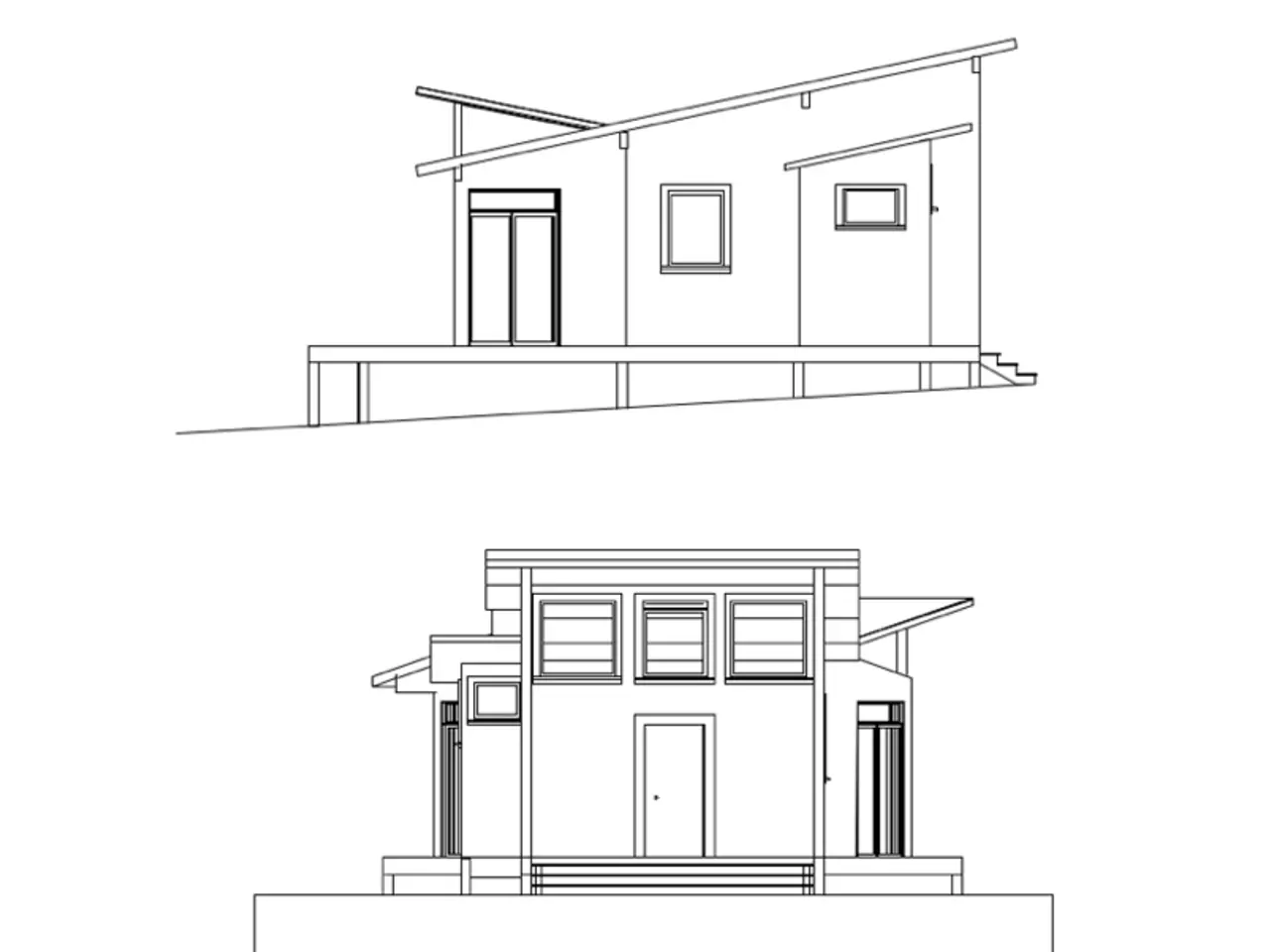Navigating house purchase negotiations? Here are crucial tactics for a triumphant bargain
Buying a home is an exciting yet challenging journey, especially for first-time buyers. Here are some strategic tips to help you successfully negotiate the price of a house in England and Wales.
Before making an offer, it's essential to have mortgage finance in place and a conveyancing solicitor appointed. To avoid paying over the odds, use an online mortgage calculator or speak to a mortgage lender or broker.
Understanding the local market conditions is crucial when negotiating a house price. If you're in a buyer's market, offering about 5-10% below the asking price can be reasonable, backed by market research and property-specific issues. In a very competitive market, you may need to offer at or above asking price.
Keeping your budget private is also advisable to prevent the seller or agent from holding out for more. Assessing the property's condition is equally important, especially if there are structural or costly repair issues. Survey results provide objective grounds to justify your offer.
When making offers, it's essential to be respectful and avoid lowball "cheeky" offers that might offend the seller. Instead, make offers reflecting the property's value and market conditions. If your initial offer is declined, consider raising your offer in small steps to show seriousness without overpaying.
Non-price incentives such as offering flexibility on the closing date, waiving contingencies, or taking the property 'as-is' can make your offer more attractive without increasing the price. Writing a polite letter expressing your appreciation for the home can create an emotional appeal to the seller.
Asking to take the property off the market when making your offer can help avoid gazumping, where the seller accepts a higher bid afterward. Taking your time to consider your options carefully before raising an offer is also advisable.
Remember to factor in additional costs like stamp duty, legal fees, and removal costs, which can substantially raise the overall expense of moving.
To accurately gauge what a property is worth and how you should offer, you must understand how much you can afford. Property portals and the Land Registry can provide information on other house or land values in the area. It's advisable to find a local RICS surveyor and commission a 'valuation survey' on the property before making an offer.
Knowing the seller's position can also help determine how hard to push on price. For instance, if the seller is in a hurry, they may be more willing to accept a lower offer. Establishing the seller's reason for selling and how long the property has been on the market can provide valuable insight.
Local factors such as school catchment areas, crime rates, and broadband speed can affect a property's value. Being in a chain can make a sale more likely to fall through, and chain-free buyers are often favored by sellers.
If you receive a counter offer, it's crucial to ask about the seller's reasons for the new offer amount. The average difference between the selling price and asking price of comparable properties in the area can help determine your offer amount.
In conclusion, these strategies help create a balanced offer that is competitive, fair, and more likely to be accepted while protecting your financial interests. Happy house hunting!
Sources: [1] Move iQ [2] Phil Spencer [4] Land Registry [5] GOV.UK
- A successful home buying journey involves strategic planning, including finding mortgage finance and appointing a conveyancing solicitor.
- Before making an offer, it's crucial to use a mortgage calculator or consult with a mortgage lender or broker to avoid paying too much.
- Understanding local market conditions is essential; in a buyer's market, offering 5-10% below the asking price is reasonable, while in a competitive market, the asking price may need to be met.
- Keeping your budget private can prevent the seller or agent from holding out for more, while assessing the property's condition is equally important to identify potential repair issues.
- Offers should reflect the property's value and market conditions, and non-price incentives can make a proposal more attractive without raising the price.
- Factoring in additional costs, such as stamp duty, legal fees, and removal costs, is essential to understand the overall expense of moving. Local factors, like school catchment areas and crime rates, can also influence a property's value, and chain-free buyers are often favored by sellers.







